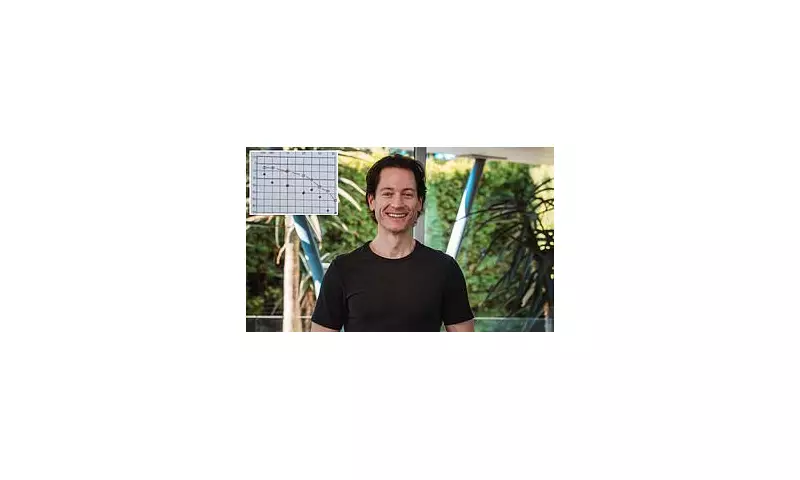
In his relentless quest to reverse the ageing process, multi-millionaire biohacker Bryan Johnson has revealed the sophisticated arsenal of wearable technology he employs to safeguard against dementia and maintain optimal brain function. The 46-year-old tech entrepreneur, who spends over $2 million annually on his longevity regimen, shared his cutting-edge approach with his substantial online following.
The Wearable Defence System
Johnson's daily armoury includes a sophisticated orange light panel helmet, which he uses for precisely 20 minutes each morning. This photobiomodulation device is designed to stimulate brain cells and enhance cognitive function through targeted light therapy.
Additionally, he wears a continuous glucose monitor to track metabolic health and an advanced sleep-tracking ring that monitors his nocturnal brain activity and recovery patterns. These devices provide real-time data that informs his constantly evolving anti-ageing protocol.
The Science Behind the Strategy
Johnson's approach is rooted in emerging research suggesting that specific light frequencies can potentially improve mitochondrial function in brain cells and reduce inflammation. His method represents a growing trend among Silicon Valley elites who are turning to technology to combat age-related cognitive decline.
The biohacker's regimen extends far beyond wearables, incorporating a meticulously planned diet, exhaustive exercise routine, and numerous supplements - all aimed at achieving what he calls "age zero" - the physiological age of an 18-year-old.
A Controversial Yet Compelling Mission
While some medical professionals remain sceptical about Johnson's extreme methods, his transparency about his experimental protocols has sparked global interest in high-tech approaches to longevity. His journey represents a fascinating intersection of technology, health optimisation, and the human desire to conquer ageing.
As dementia cases continue to rise globally, Johnson's high-tech preventive measures offer a glimpse into the future of brain health management and the potential role of wearable technology in combating cognitive decline.





